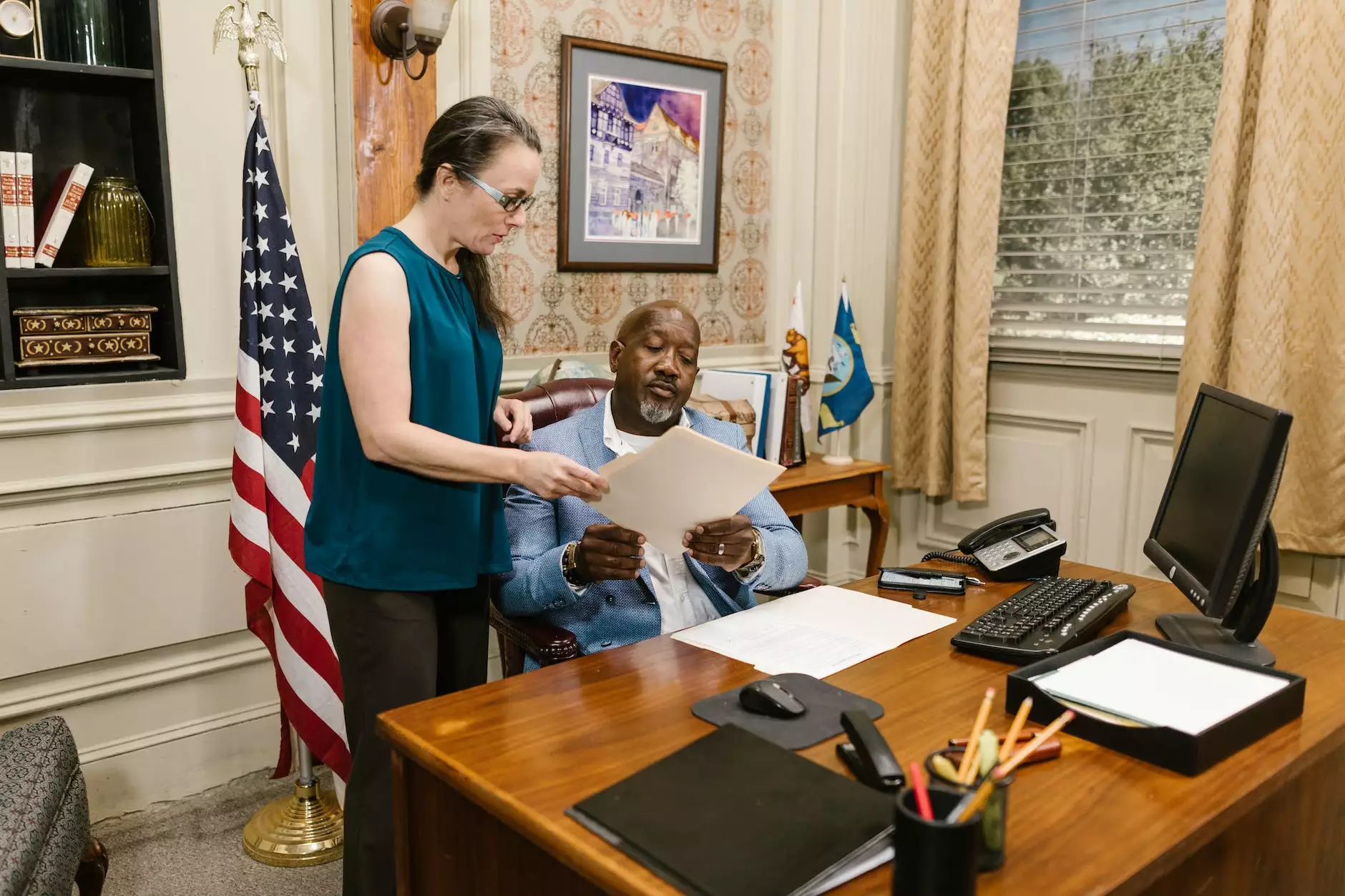The Transformative Power of Black Churches: Building Faith, Community, and Hope

In the landscape of American religious life, black churches stand as pillars of strength, resilience, and hope. These institutions go beyond mere places of worship; they serve as dynamic centers for community development, social justice, personal growth, and cultural preservation. Understanding the profound influence of black churches is essential for recognizing their pivotal role in shaping not only spiritual lives but also the socioeconomic fabric of neighborhoods and cities across the nation.
Historical Significance of Black Churches in America
The history of black churches is intertwined with the broader story of the African American experience. From the earliest days of slavery, enslaved Africans sought to maintain their spiritual traditions and foster unity through clandestine worship gatherings. As the centuries progressed, black churches became refuges of hope, symbols of resistance, and agents of social change.
During the Civil Rights Movement, churches such as the Ebenezer Baptist Church in Atlanta and the Dexter Avenue Baptist Church in Montgomery served as strategic meeting places for activists like Dr. Martin Luther King Jr. These institutions provided moral authority, organizational support, and a sense of collective purpose that propelled the fight for justice and equality.
Core Roles and Functions of Black Churches Today
Modern black churches continue to fulfill vital roles within their communities, embodying a holistic approach to faith and social responsibility. These institutions are more than places of worship—they are community hubs that facilitate personal development, social advocacy, and economic empowerment.
Spiritual Growth & Religious Leadership
At the heart of every black church is a commitment to spiritual nourishment. Reverent pastors and spiritual leaders guide congregants through biblical teachings, prayer, and praise. Services often feature soul-stirring gospel music, uplifting sermons, and community prayers that strengthen faith and collective identity. These spiritual practices foster resilience, hope, and moral integrity.
Community Service & Non-Profit Initiatives
Black churches are renowned for their extensive community service programs. From food banks and homeless shelters to youth education initiatives — these organizations address pressing social issues such as poverty, health disparities, and racial injustice. They often partner with other non-profits and government agencies to maximize their impact, making them pivotal in nurturing social cohesion and well-being.
Educational & Cultural Enrichment
Education is a cornerstone of many black churches. They establish and support schools, mentorship programs, literacy campaigns, and scholarship funds designed to uplift the next generation. Additionally, they celebrate African American culture through arts, history programs, and festivals, fostering pride and cultural preservation within the community.
Economic Empowerment & Entrepreneurship
Economic development is increasingly a focus for black churches. They often launch small business incubators, job training workshops, and financial literacy seminars to promote economic independence among congregants and community members. Such initiatives help combat unemployment and foster sustainable growth.
The Significance of Black Churches in Building Strong Communities
Beyond spiritual guidance, black churches serve as anchors of stability in their neighborhoods. They cultivate networks that span generations, linking youth, adults, and seniors in shared pursuits of improvement and upliftment. Their presence promotes safety, hope, and resilience—especially in urban areas that have faced economic decline or social unrest.
By organizing health fairs, educational workshops, and civic engagement campaigns, black churches actively contribute to community revitalization. They also act as advocates for social justice, engaging in policy discussions and activism to address systemic inequalities affecting African American communities.
Leadership and Vision in Black Churches
Effective leadership is fundamental to the success of black churches. Pastors and community leaders become visionaries who articulate a shared purpose, inspire action, and foster an inclusive environment. Many leaders emerge as prominent voices advocating for social justice, educational reform, and economic opportunity.
Modern black churches also embrace innovative outreach methods—leveraging technology, social media, and community partnerships to extend their reach and impact. This adaptability ensures they remain relevant and effective in addressing contemporary challenges.
The Future of Black Churches: Challenges and Opportunities
While black churches have historically been strong catalysts for change, they face new challenges such as decreasing attendance, shifting demographics, and financial constraints. However, these obstacles also present opportunities for growth, innovation, and renewed purpose.
Some strategies for a vibrant future include embracing digital engagement, expanding community-based programs, and fostering youth leadership. Emphasizing social justice issues, health advocacy, and economic empowerment will enable black churches to remain vital institutions of hope and progress.
Connect with a Black Church: Building Faith and Community
If you are seeking a welcoming spiritual environment where faith and community intersect, black churches offer a powerful platform for growth, connection, and service. Organizations like Bridge Church NYC exemplify how faith communities are actively transforming lives and neighborhoods.
Whether through worship, outreach, or leadership, participating in a black church can lead to personal transformation and a stronger, more resilient community. Embrace the opportunity to be part of a movement rooted in faith, activism, and love.
Conclusion: The Enduring Impact of Black Churches
In essence, black churches are more than spiritual sanctuaries—they are dynamic institutions that uplift, empower, and transform. Their legacy of resilience and activism continues to inspire generations, fostering a sense of hope amid adversity. As the backbone of many African American communities, these churches are essential in shaping a future of justice, equality, and prosperity.
For anyone committed to community growth, spiritual fulfillment, and social justice, engaging with black churches offers a meaningful pathway to making a difference. The ongoing work of these congregations is a testament to their enduring commitment to faith and service, guiding communities toward brighter futures.
black churchs


